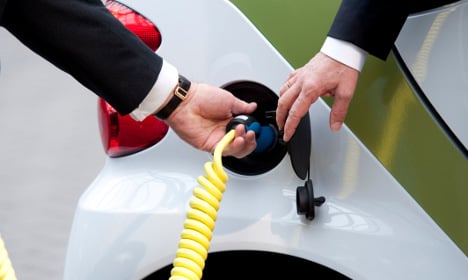“To support the development of alternative engines, we need positive conditions,” Zetsche, who is also the head of the European Automobile Manufacturers Association (ACEA), told business daily Handelsblatt. “At the same time it’s necessary to build the appropriate infrastructure.”
Establishing new technology is unavoidably expensive, a cycle “we can only break if Europe supports the purchase of electric autos for a limited time,” he told the paper, adding that unified rules for the region would be ideal.
Zetzche can expect support from his German auto industry colleagues at a May 3 summit at the chancellery in Berlin, the paper said.
“We would welcome in the beginning phase government support for the acquisition of electric vehicles, which will be significantly more expensive than other vehicles,” BMW head Norbert Reithofer told the paper. “The EU Commission should also clarify how it plans to support electric autos.”
Meanwhile Volkswagen Chairman Martin Winterkorn also said he would like support to make electric cars a “reality on our streets.” And compared to what neighbouring country France has invested in similar programmes, this amount is “relatively low,” Winterkorn told the paper.
According to Handelsblatt, Germany is well behind other countries when it comes to subsidising the electric car market. In the US, customers receive tax breaks of more than €5,800, while Chinese buyers get some €6,700.
So far the government has only agreed to provide financial backing for research in the field, setting aside some €500 million for the goal of getting a million electric autos on German roads my 2020.



 Please whitelist us to continue reading.
Please whitelist us to continue reading.
Member comments